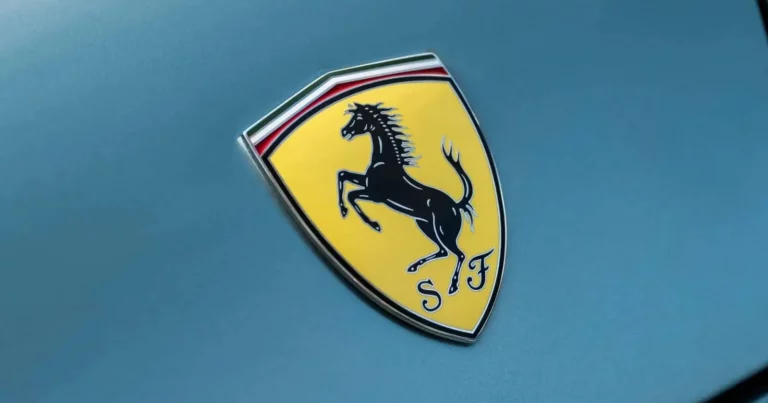Ferrari Delays Second Electric Vehicle Launch
Ferrari has pushed back the launch of its second fully-electric vehicle from 2026 to at least 2028 due to weak consumer demand for high-performance luxury electric vehicles (EVs), according to sources familiar with the matter. This delay highlights the broader challenges automakers face in generating sustainable interest in electric sports cars, particularly among buyers who value traditional performance characteristics such as engine sound and sustained power output.
Weak Demand in High-Performance EV Segment
The Italian luxury car manufacturer, known for its signature V8 and V12 engines, has been gradually venturing into electrification since 2019 with hybrid models like the SF90 Stradale and 296 GTB. While its first battery electric vehicle (BEV) is still on track to be revealed in a three-stage process beginning this October, culminating in a full unveiling in spring 2026, the second EV has been delayed by at least two years.
One source told Reuters that Ferrari’s internal expectations for demand in the high-performance EV segment are currently “zero.” The lack of genuine demand remains the primary reason for the delay, although it will also give Ferrari additional time to refine its in-house EV technology.

Industry-Wide Challenges with Electric Vehicles
Ferrari’s decision mirrors similar shifts across the high-performance automotive sector. Lamborghini has delayed its first EV launch to 2029, while Porsche has scaled back EV production following lackluster demand for its Taycan and electric Macan SUV. Maserati scrapped plans for an electric version of its MC20 supercar earlier this year.
The slower adoption of EVs in the ultra-luxury and performance segments is largely due to concerns around weight, driving dynamics, and the absence of engine sound – core aspects of the traditional supercar experience.
Future Plans and Business Strategy
Ferrari is scheduled to present its new long-term business plan on October 9, where more clarity is expected regarding its electrification roadmap and broader product strategy. The company appears to be taking a cautious, phased approach to electrification, ensuring that performance standards and brand identity are not compromised in the transition.
For now, Ferrari’s first EV, co-designed with former Apple Chief Design Officer Jony Ive, is expected to be a large, unconventional model costing over $500,000. The second EV, initially envisioned as a higher-volume product aligned with Ferrari’s traditional model strategy, is now deemed unfeasible under current market conditions.



